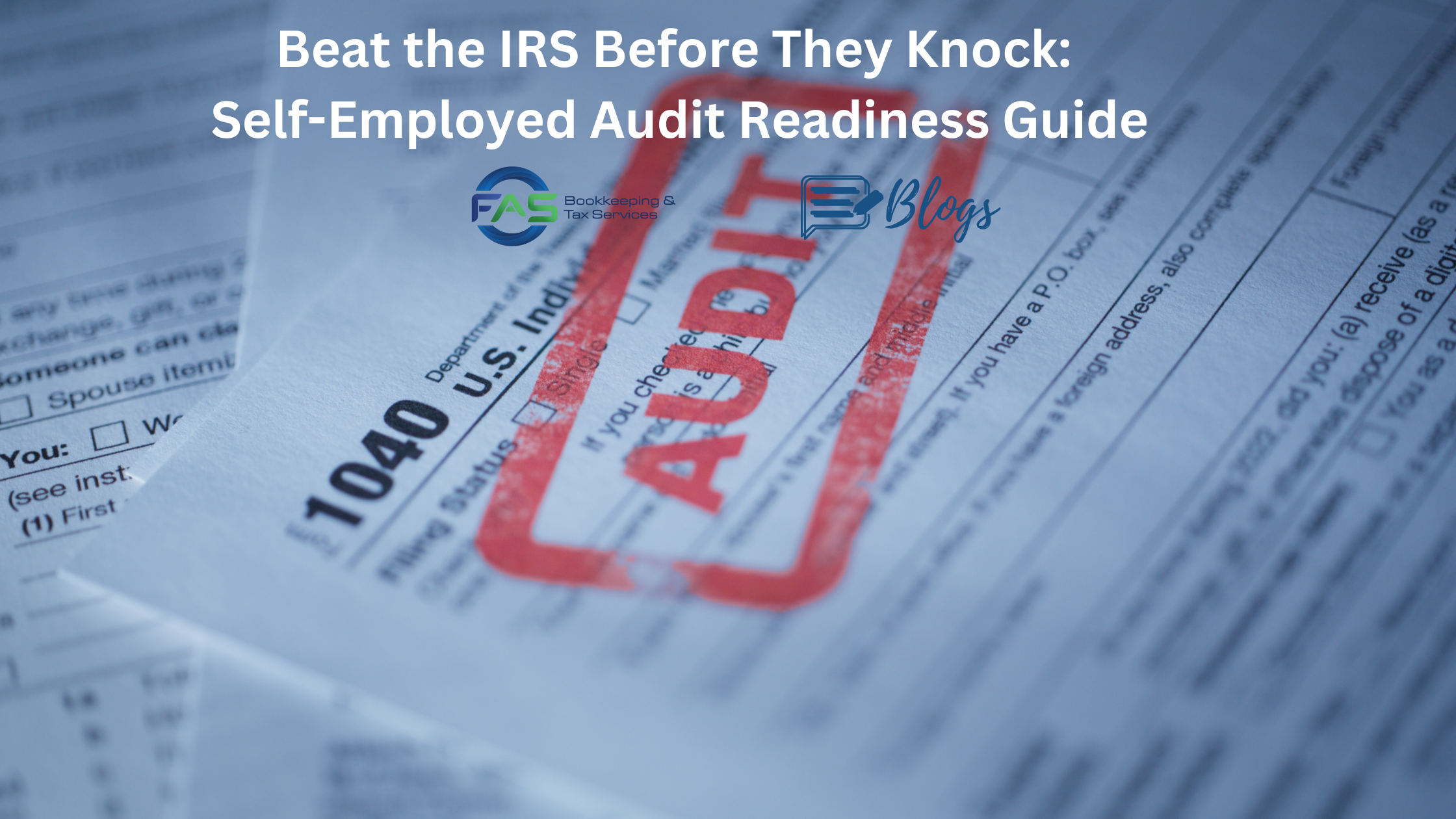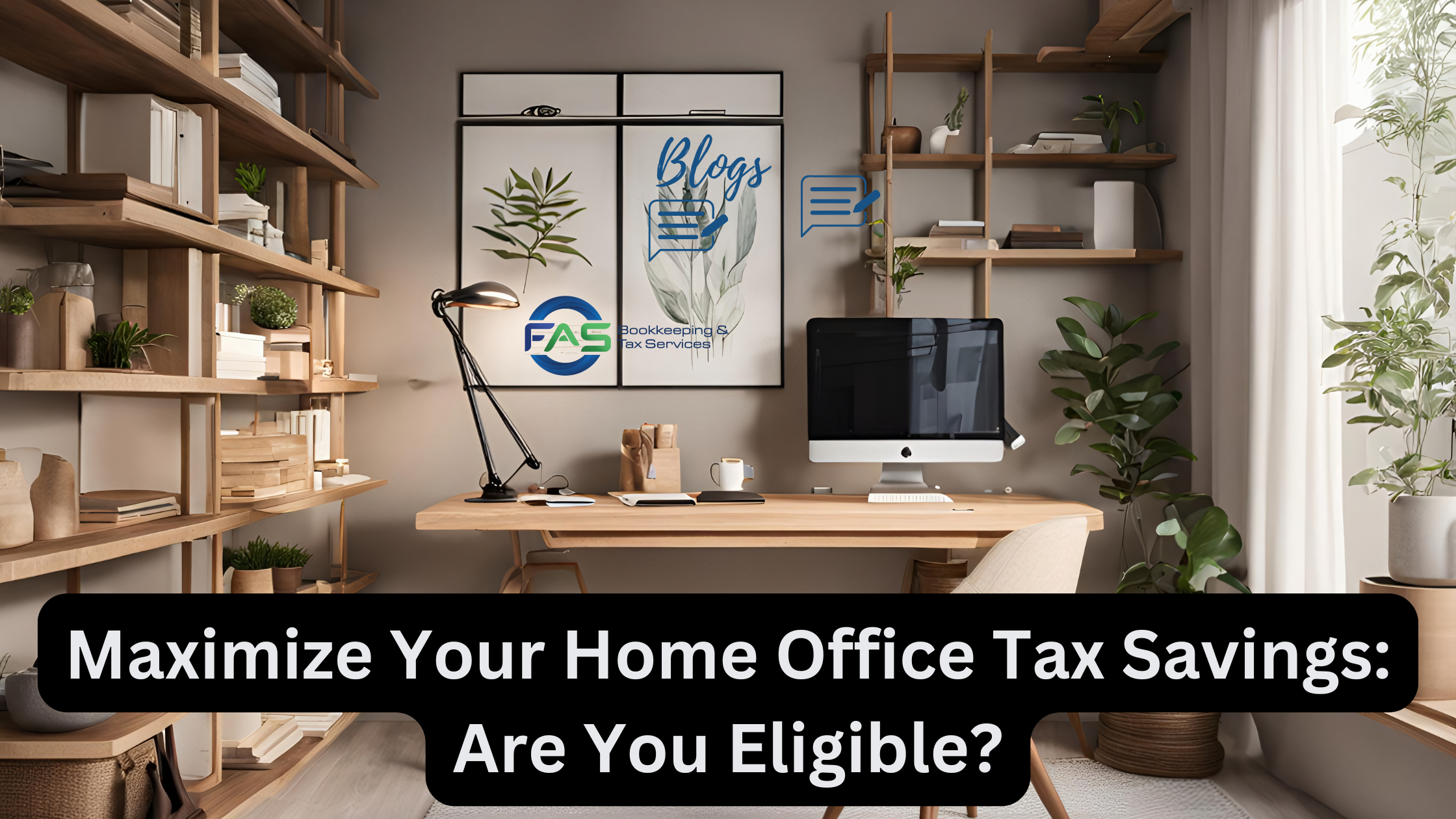A number of end-of-year tax planning strategies are available to business owners that can be used to reduce their tax liability. Here are a few of them:
Deferring Income
Businesses using the cash method of accounting can defer income into 2020 by delaying end-of-year invoices, so payment is not received until 2020. Businesses using the accrual method can defer income by postponing the delivery of goods or services until January 2020.
Purchase New Business Equipment
Section 179 Expensing. Businesses should take advantage of Section 179 expensing this year for a couple of reasons. First, is that in 2019 businesses can elect to expense (deduct immediately) the entire cost of most new equipment up to a maximum of $1.02 million for the first $2.55 million of property placed in service by December 31, 2019. Keep in mind that the Section 179 deduction cannot exceed net taxable business income. The deduction is phased out dollar for dollar on amounts exceeding the $2.55 million thresholds and eliminated above amounts exceeding $3.57 million.
The TCJA removed computer or peripheral equipment from the definition of listed property. This change applies to property placed in service after December 31, 2017.
Tax reform legislation also expanded the definition of Section 179 property to allow a taxpayer to elect to include certain improvements made to nonresidential real property after the date when the property was first placed in service (see below). These changes apply to property placed in service in taxable years beginning after December 31, 2017.
1. Qualified improvement property, which means any improvement to a building’s interior. However, improvements do not qualify if they are attributable to:
- the enlargement of the building,
- any elevator or escalator or
- the internal structural framework of the building.
2. Roofs, HVAC, fire protection systems, alarm systems, and security systems.
Bonus Depreciation. Businesses are allowed to immediately deduct 100% of the cost of eligible property placed in service after September 27, 2017, and before January 1, 2023, after which it will be phased downward over a four-year period: 80% in 2023, 60% in 2024, 40% in 2025, and 20% in 2026.
Qualified Property
Qualified property is defined as property that you placed in service during the tax year and used predominantly (more than 50 percent) in your trade or business. Property that is placed in service and then disposed of in that same tax year does not qualify, nor does property converted to personal use in the same tax year it is acquired.
Under tax reform, real estate qualified improvement property is not eligible for bonus depreciation.
Many states have not matched these amounts and, therefore, state tax may not allow for the maximum federal deduction. In this case, two sets of depreciation records will be needed to track the federal and state tax impact.
Please contact the office if you have any questions regarding qualified property.




